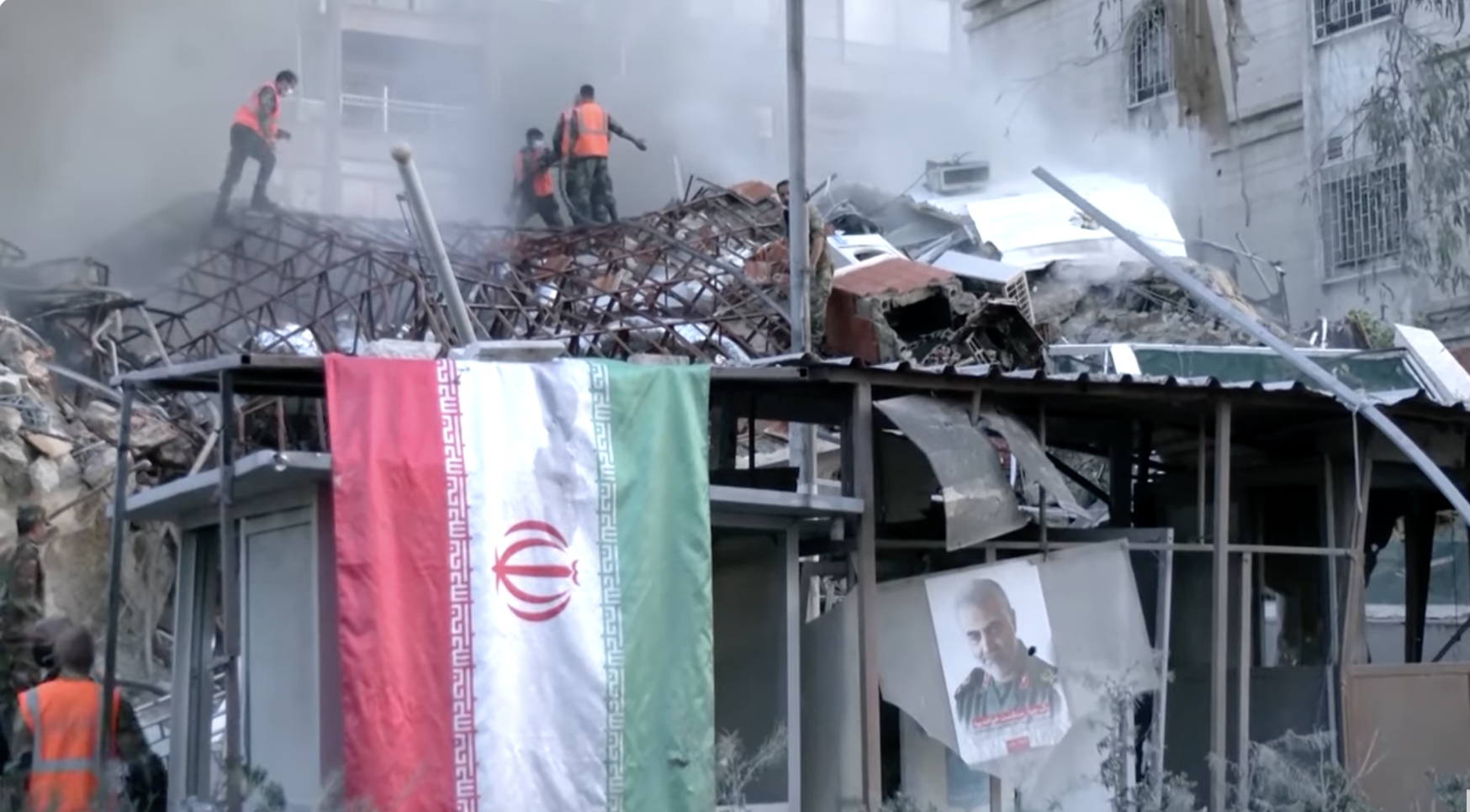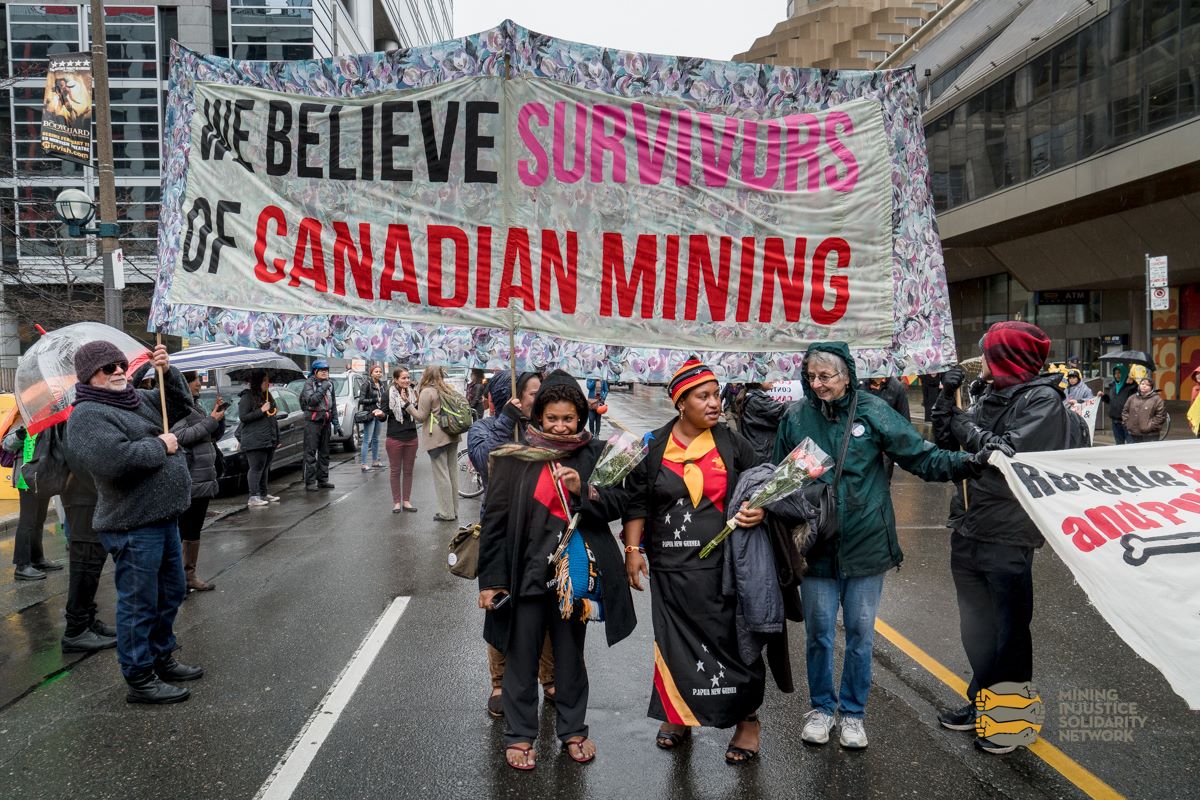No Canadian will soon forget the events that took place in Ottawa on Oct. 22, 2014. And while many of us are rightly giving thanks for the minor miracle that saw the gunman able to claim the life of just one in his attack upon the nation’s capital, we should recognize that this fact will provide little in the way of consolation to the family and friends of Cpl. Nathan Cirillo, particularly his six-year-old son and those tasked with having to explain to the boy why his father will not be returning home.
In this respect, one death remains one too many. Above and beyond all else, however, what Canadians should be genuinely thankful for is that an event like this should occur so rarely as to be jarring to the senses — especially when others are not nearly as fortunate.
Canada was not the only country to find its capital under assault on Wednesday. In Cairo, a bomb went off outside the country’s largest university, wounding ten people. Similarly, in the northern Nigerian state of Bauchi, a blast at a bus station in the town of Azare injured 12 and left at least five people dead — “burnt beyond recognition,” according to a police spokesperson.
In the case of Cairo University, this was the second such bombing it has undergone just in the past six months, while Azare has found itself a consistent target of attacks by Boko Haram in the past few years. Canadians could be forgiven for not being aware of these attacks — a quick scan of the major national papers the next morning detected little to no mention of them. This is perhaps understandable considering the wall-to-wall coverage that the Ottawa tragedy no doubt merited. But if history is any indication, the coverage of these other tragedies would have been minimal regardless. Sadder still, even if reported, these stories would likely attract little attention.
As troubling as it is that someone was able to pull off an attack on Parliament Hill so seemingly easily, what is equally unsettling is the detachment with which Canadians hear of similar actions occurring elsewhere in the world and feel nothing. This provincialism is something we have in common with our neighbour to the south, as should be evident to anyone who has followed the coverage of the ongoing Ebola crisis.
The last few weeks have seen the major U.S. cable news outlets reminding people on an almost hourly basis of the scandal that saw Thomas Eric Duncan, a Liberian man, arrive in Dallas, Texas, with the disease. Claiming to have been unaware of his infected status at the time he left Liberia, he began to experience symptoms approximately four days after arriving in Dallas, checking himself into the emergency room at Texas Health Presbyterian Hospital, where he died. Due to the hospital’s bungled response, which included not providing the appropriate protective equipment, two nurses contracted the disease.
This quickly led to general hysteria, with calls for a travel ban receiving broad popular support, and widespread outrage being directed at all those responsible for allowing the disease to get from “there” all the way over to “here.” Ignored altogether thus far has been the real scandal, which is that had Mr. Duncan never left Liberia, he would have died the same painful death, with the notable difference being that far fewer people would know his name. Like the 4,500-plus Africans who have succumbed to the sickness already — mostly in Liberia, Guinea and Sierra Leone — his death would have caused little concern in the Western world, insomuch as it doesn’t affect “us.”
Much has already been made about the potential destabilizing effects of the Ottawa shooting: how it will inevitably lead to heightened security not just across the capital but in other hotspots across the country, and how this might undermine not just our democracy but our national identity, by forcing the country to compromise the openness that is such a source of pride for so many Canadians. The real treachery of what the accused gunman, Michael Zehaf-Bibeau, did lies in his breaking of the contract by which all Canadians like to think they live their lives. This social contract dictates that we are the reasonable people of the world, that we open ourselves up to people from all walks of life and yet are able, at the same time, to resist the petty divisions that we see tearing so much of the world apart. More than the lakes and the trees, the snow and the ice, this is what we like to think defines Canada. It’s not just multiculturalism but an overarching sense of compassion that we like to think makes us unique.
But real compassion knows no borders.
In Canada and the U.S., standard media practice is to not show anything graphic enough that it might disturb someone’s sensibilities. Yet we know that one powerful photo is capable of shaping a person’s opinion in a way that a thousand well-written stories cannot. Over 40 years on, the “Napalm Girl” photo captures the horror of the Vietnam War far more than any recitation of the grizzly statistics. So why aren’t these kinds of photos shown to the public more often? The answer becomes clear every time a publication is brave enough to do so, as was the case a few years ago when the Toronto Star published a particularly gruesome photo showing the dead bodies of some children killed during the ceaseless War on Terror.
The next day the paper dutifully published some of the numerous letters to the editor it had received in response to this decision. Most followed the same line, arguing that the publication of the photos was irresponsible. The most instructive letter came from a mother, who expressed outrage that the paper could be so reckless as to post an image like that out in the open where her son could see it. Think of the children, she implored. Think of my children, is what she meant, not the kids in the photo or the others like them whose lifeless bodies are left to rot. How can we expect to alter the harsh circumstances afflicting so many if we aren’t even willing to look at their reality?
What Wednesday’s shooting clearly outlines is the practical problem of the current approach — the one that has us dispensing fighter jets to help participate in a campaign of airstrikes in Iraq and at the same time believing that we can live in some sort of splendid isolation, keeping trouble always an arm’s length away. We’ve learned the predictable lesson that instability anywhere can, and will, lead to instability everywhere. That on its own should be incentive enough for every Canadian to engage with the broader problems of the day.




